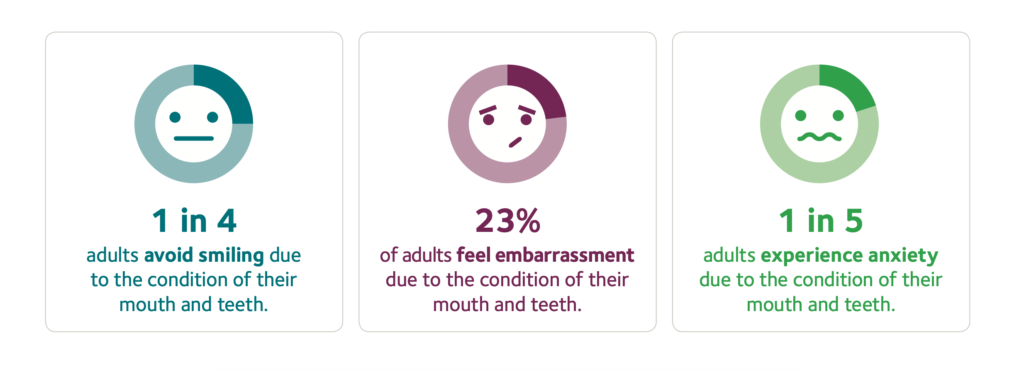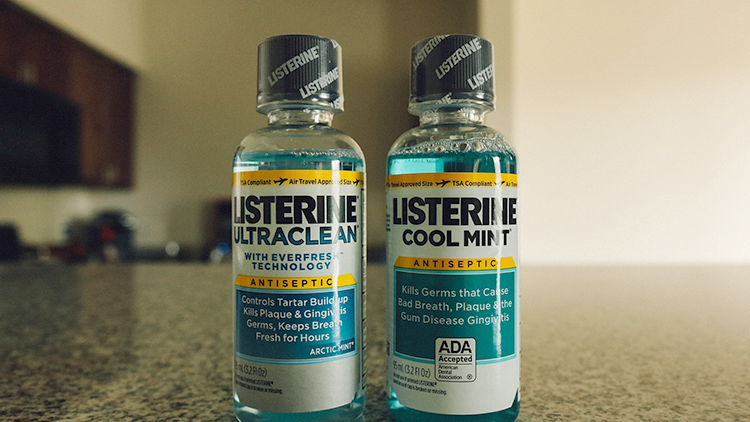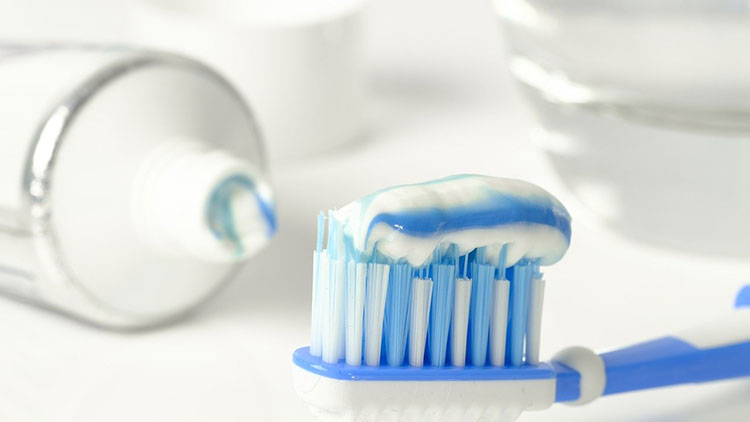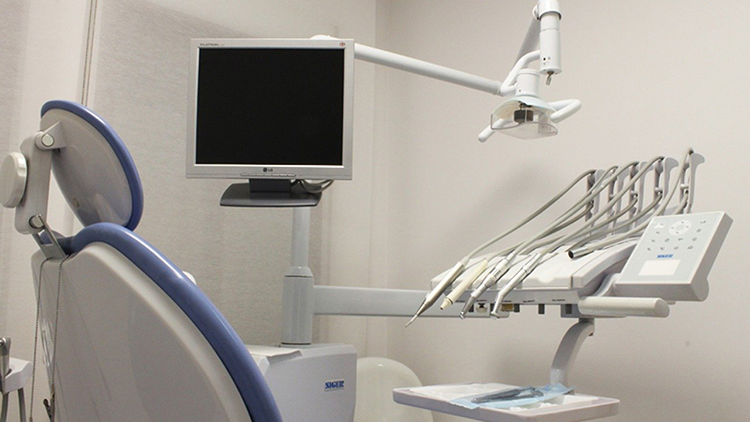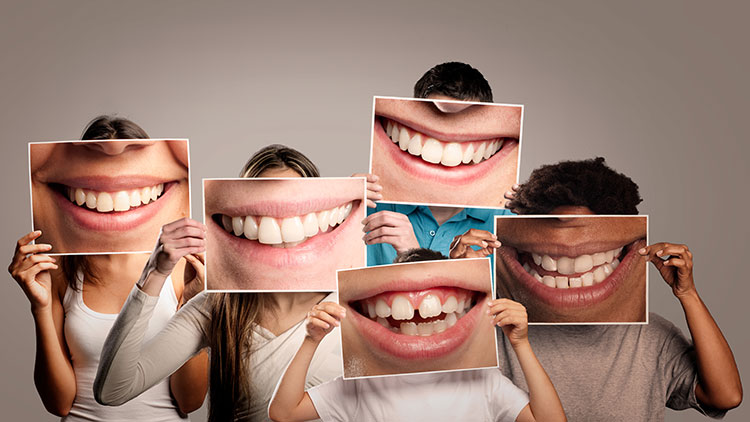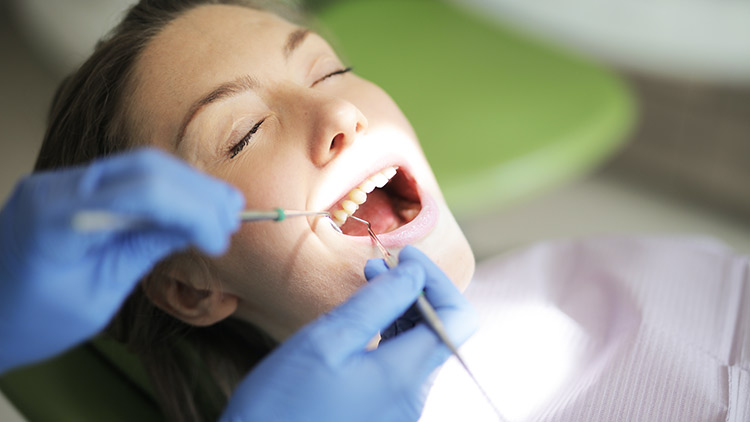
Maybe you don’t have sensitive teeth every day, or the pain is manageable, but the reality is any tooth sensitivity could be a sign of a bigger issue that could get worse. Whether frequent or infrequent, painful or tolerable, you should not ignore tooth sensitivity.
The most common causes of tooth sensitivity can be cracked teeth, worn out fillings, issues with your gums, worn enamel and exposed teeth roots. However, the most common cause of sensitive teeth is tooth decay and cavities. No surprise here as cavities and decay is the second most prevalent disease in the United States, behind only the common cold.
The reason that tooth sensitivity happens is because the causes mentioned above expose the nerves inside the tooth. Enamel, cementum and dentin server as protective barriers between your teeth’s roots and the food you eat. When these layers are compromised, hypersensitivity is the result.
The good news is, in many cases this kind of sensitivity can be treated, sometimes without the need for any professional dental work. Of course, make sure to speak with your dentist so you can take the correct approach in treating your sensitivity. Here’s some of the ways your dentist might recommend treating sensitive teeth.
Treatments for Sensitive Teeth
Desensitizing Toothpaste: This specialty toothpaste includes compounds that can block the sensation of hot or cold foods from reaching your nerves. You will likely need to use the toothpaste several times before your sensitivity is minimized.
Fluoride Gel: To strengthen your teeth’s enamel, your dentist may suggest an in-office fluoride gel application. With a stronger enamel, the better you can block sensations from traveling to your nerves.
Crown or Bonding: In some cases, your dentist might see a flaw in your tooth or teeth that will only be corrected by improving the barrier artificially. This is where a crown or bonding can help, especially when dealing with a cracked or worn tooth.
Surgical Treatments: If none of these less invasive treatments will correct the problem, your dentist may suggest other surgical treatments. For instance, for those who have sever gum recession, a gum graft can help to cover the root. Somewhat of a last resort, a root canal is also an option your dentist may recommend.
Talk to Your Dentist
While you might be able to stand the discomfort of your sensitive teeth, if left untreated, it is possible your situation will worsen, and the method of treatment will be more involved. With a strong dental hygiene routine, regular visits to the dentist and a good diet, you can keep your protective layers strong and prevent sensitive teeth. But if you’re experiencing it, make an appointment with your dentist and get a professional’s opinion on how to treat the issue moving forward.

 Request an Appointment
Request an Appointment

